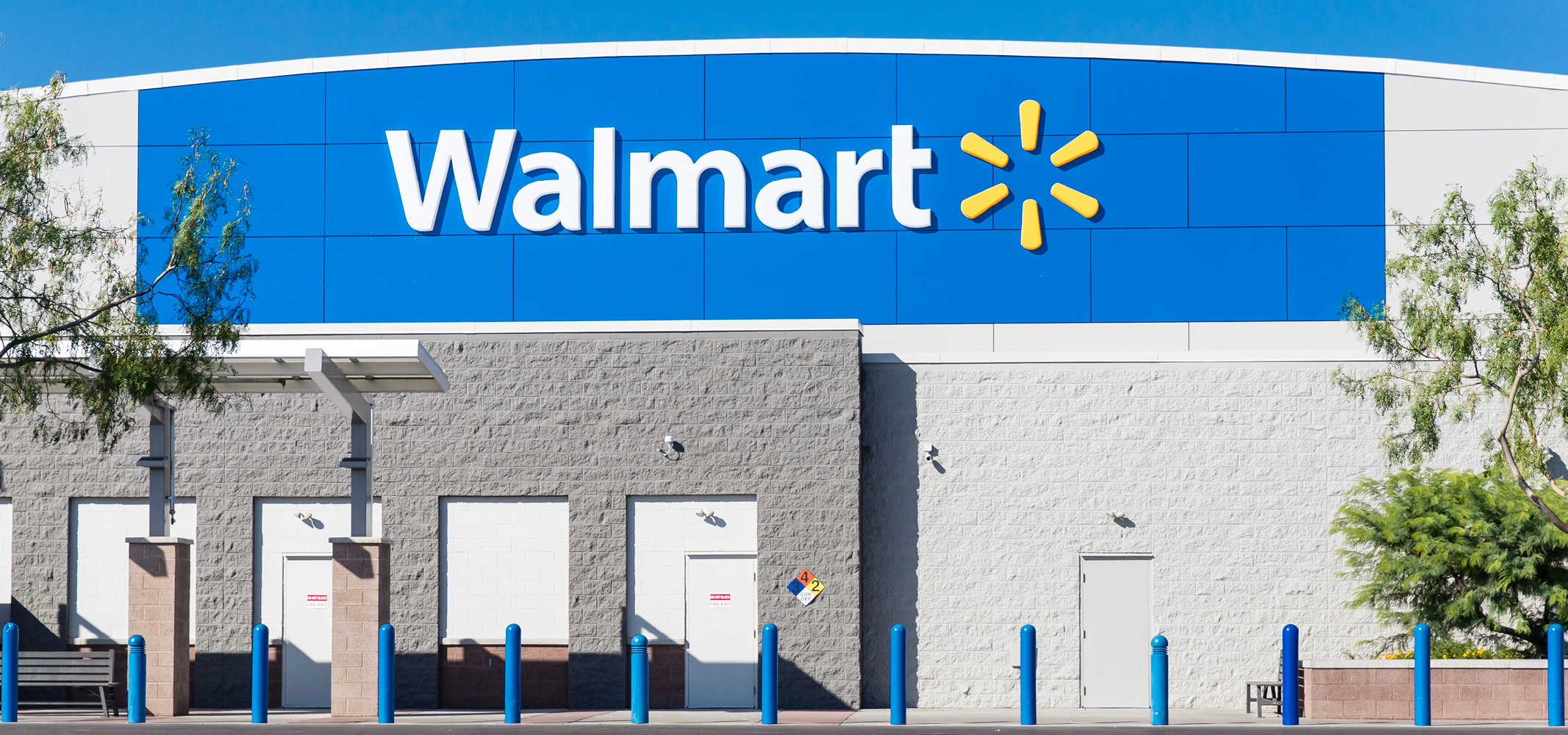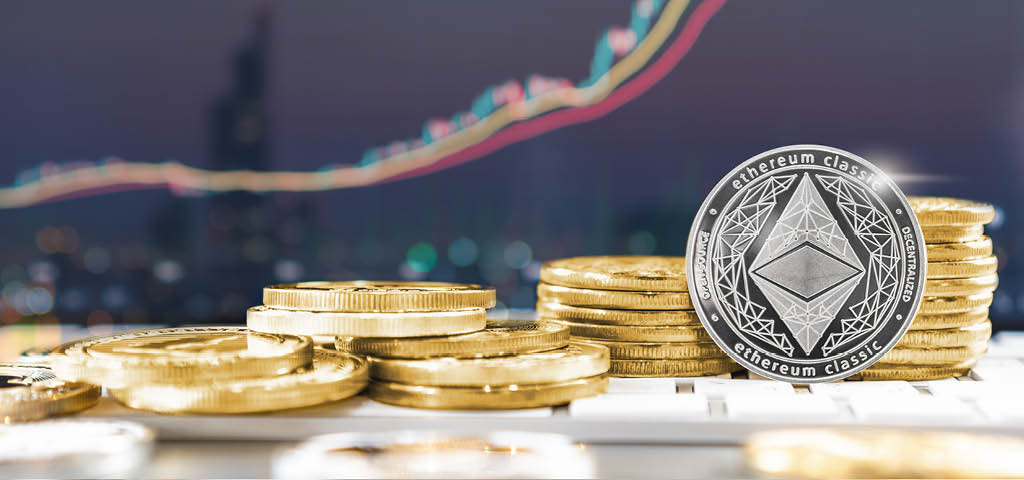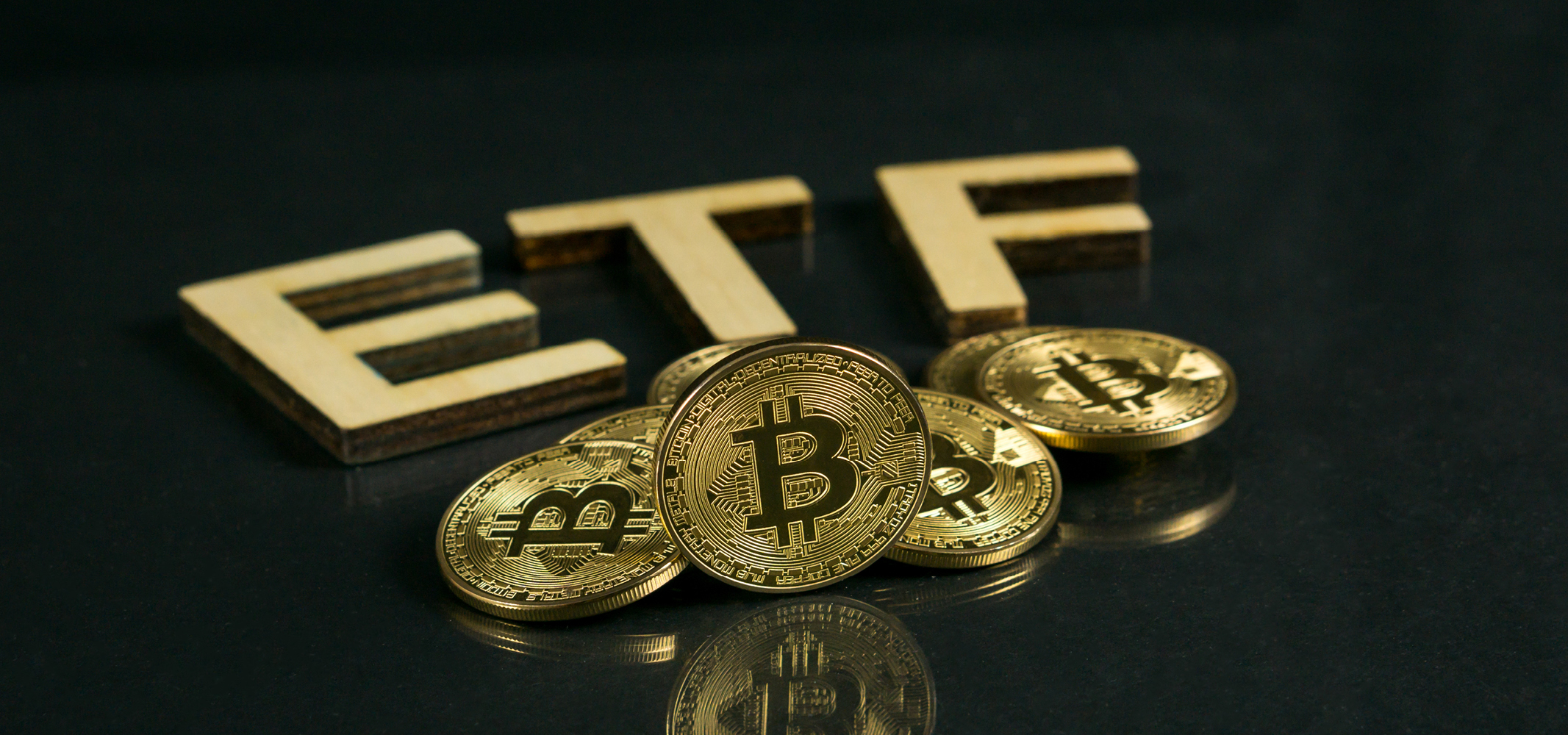Anyone who deals with money flows has certainly already gotten in the way of this question. Futures Contract is one of the oldest business agreements in the world. Even the philosopher Thales used it to lend olive farmers his olive presses. An indication of the meaning can already be found in the term itself. The point is to make an agreement for the future at the present time. The main reason for using futures is to hedge against market volatility, i.e. the fluctuations of the respective prices, because the values of traded goods are subject to constant fluctuations. A futures contract therefore regulates the fixed value and the period of time during which trading is to take place.
You can hedge your price if you fear that it will rise (from the buyer’s point of view) or fall (from the seller’s point of view) in the future. If one of the two contracting parties assumes that his position will still improve, he naturally does not conclude such a contract. Nowadays, different calculation models are usually used, also in the form of algorithms, in order to be able to make the most accurate predictions possible about the respective price developments.










Leave A Comment
You must be logged in to post a comment.